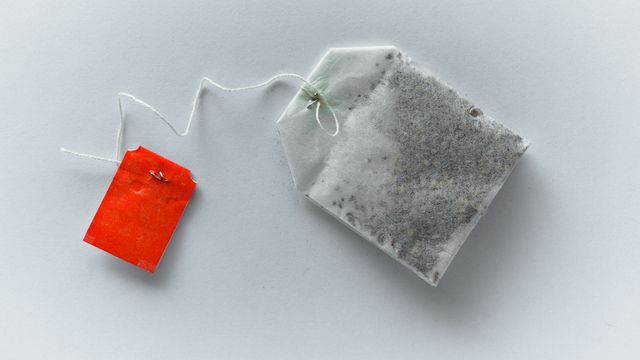Teabags Made of «Biodegradable» Materials Found to Harm Soil Species, Study Reveals
A recent study has discovered that certain teabags marketed as biodegradable actually pose a threat to terrestrial species when disposed of in soil. The research focused on teabags made from different compositions of polylactic acid (PLA), derived from sources like corn starch or sugar cane. When buried in soil for seven months, teabags made solely from PLA remained intact, while those made from a combination of cellulose and PLA broke down into smaller pieces, with the PLA component remaining. These findings raise concerns about the potential harm to earthworms, such as increased mortality rates and negative effects on reproduction, when exposed to teabag remnants. The study emphasizes the importance of clear disposal instructions on product packaging to prevent unintended environmental consequences.
Impact of Misleading «Biodegradable» Labels on Environment Revealed in New Study
A groundbreaking study has shed light on the misleading nature of «biodegradable» labels on teabags, highlighting the potential risks they pose to soil ecosystems. Teabags made from biodegradable plastics like PLA were found to remain intact after seven months in soil, contrary to expectations. The study also uncovered the harmful effects of teabag remnants on earthworms, with increased mortality rates and negative impacts on reproduction observed. The lack of clear disposal information on product packaging could lead to unintended environmental consequences, underscoring the need for transparent labeling and proper waste management practices.
Scientists Warn of Environmental Impact of Unraveling «Biodegradable» Teabags
New research has sounded the alarm on the environmental impact of supposedly biodegradable teabags that fail to break down in soil. The study examined teabags made from different compositions of polylactic acid (PLA) and found that those solely made from PLA remained intact, while others broke down partially, with the PLA component persisting. This discovery raises concerns about the potential harm to soil-dwelling species, such as earthworms, exposed to teabag remnants. The study underscores the importance of accurate disposal information on product packaging to prevent ecological harm and confusion among consumers regarding biodegradability claims.
